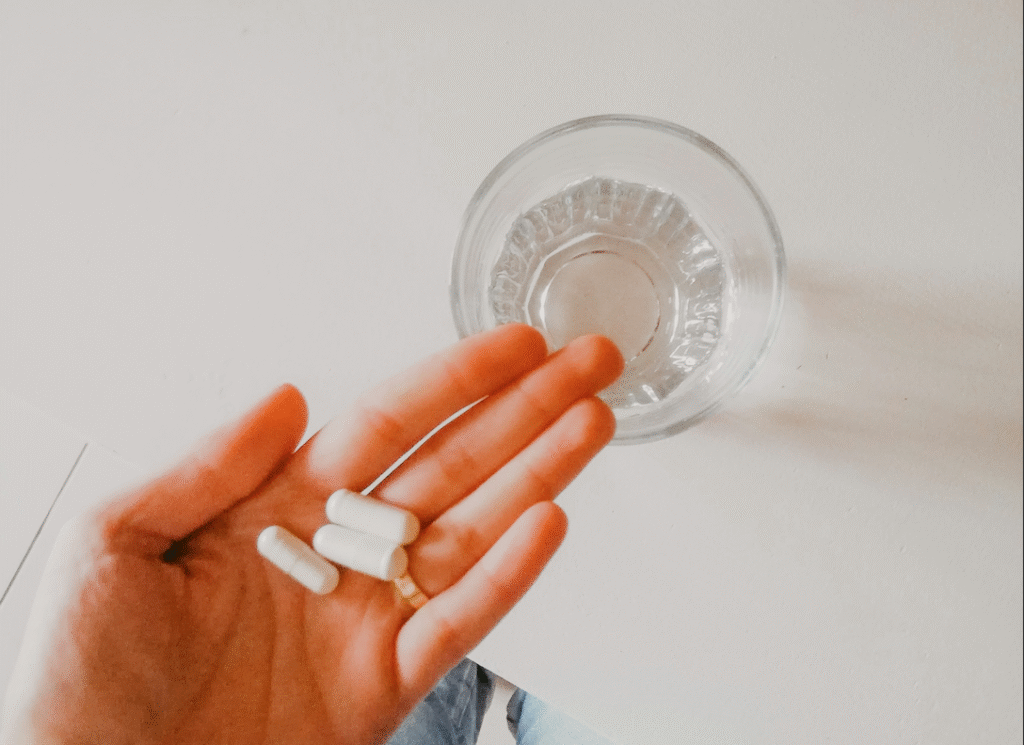Magnesium is one of the most important minerals for overall health, yet most people don’t get enough of it. If you’re someone who struggles with stress, restless nights, or muscle soreness after exercise, you know how frustrating it can be to feel like your body just won’t recharge. The good news is that magnesium can play a key role in bringing balance back to your mind and body.
From calming the nervous system to supporting restful sleep and helping your muscles recover, this powerful mineral is more than just another supplement on the shelf. In this post, we’ll explore the top things you need to know about magnesium – why it matters, how it works, and the best ways to include it in your daily routine for lasting results.
Magnesium and Stress Relief
Stress affects everyone, but chronic stress can drain your energy, disrupt focus, and even weaken your immune system. Magnesium helps by regulating the stress-response system in your body. It plays a vital role in controlling cortisol, the stress hormone, and supports neurotransmitters that promote calmness.
When your magnesium levels are low, you may feel more anxious, irritable, or easily overwhelmed. Adding enough magnesium to your diet can improve resilience to daily stressors, allowing you to feel more balanced.
Key features of magnesium for stress relief:
- Helps regulate stress hormones like cortisol
- Supports relaxation by calming the nervous system
- Reduces anxiety symptoms and promotes emotional balance
Transitioning from stress management, let’s look at how magnesium also impacts another common challenge: getting quality sleep.

Magnesium and Sleep Quality
If you’ve ever tossed and turned at night, magnesium may be the missing link. This mineral helps regulate melatonin, the hormone that controls your sleep-wake cycle. It also activates GABA, a neurotransmitter that promotes relaxation and prepares the body for sleep.
Studies show that people with adequate magnesium intake fall asleep faster, enjoy deeper rest, and wake up feeling more refreshed. For those struggling with insomnia or restless legs, magnesium may offer natural relief.
Key features of magnesium for sleep:
- Enhances melatonin production for better sleep cycles
- Activates calming neurotransmitters like GABA
- Supports deep, restorative sleep
Once you’re sleeping better, your body has more energy for recovery and repair – which is where magnesium shines for active individuals.
Magnesium and Muscle Recovery
Athletes and fitness enthusiasts often turn to magnesium for faster muscle recovery. After intense exercise, your muscles use up magnesium to produce energy and reduce lactic acid buildup. Without enough magnesium, you may experience cramps, spasms, or prolonged soreness.
By replenishing magnesium, you support energy production at the cellular level and allow muscles to relax after contraction. This not only speeds up recovery but also prevents injury.
Key things:
- Reduces cramping and muscle soreness
- Improves energy production for performance and repair
- Supports protein synthesis for muscle growth and strength

Now that we’ve covered stress, sleep, and muscle health, let’s talk about the best sources of magnesium to include in your diet.
Best Sources of Magnesium
You can get magnesium naturally from both foods and supplements. While supplements are convenient, food-based sources also provide fiber, vitamins, and other minerals your body needs.
Top magnesium-rich foods include:
- Leafy greens (spinach, kale)
- Nuts and seeds (almonds, pumpkin seeds)
- Whole grains (brown rice, quinoa, oats)
- Legumes (black beans, lentils)
- Dark chocolate (a delicious bonus source)

Supplements come in various forms such as magnesium citrate, magnesium glycinate, and magnesium oxide. Each type has slightly different absorption rates, so choosing the right one depends on your needs. Certain forms (like glycinate) are better for sleep and relaxation
How to Add Magnesium Into Your Routine
Knowing the benefits of magnesium is only half the battle – the real key is consistency. Start by tracking how much magnesium you currently get through your diet. If you fall short of the recommended 300–400 mg per day, add more magnesium-rich foods or consider a high-quality supplement.
Simple ways to incorporate magnesium:
- Add leafy greens to smoothies or salads
- Snack on nuts and seeds throughout the day
- Use whole grains instead of refined carbs
- Take magnesium before bed for sleep support

Commonly asked questions About Magnesium
1. Can you take too much magnesium?
Yes. While food sources are generally safe, very high supplement doses can cause digestive issues. Stick to the recommended daily amount unless advised by a healthcare provider.
2. How long does it take for magnesium to work?
Many people notice improvements in sleep or reduced stress within a week. For muscle recovery, effects may be felt in just a few days with consistent intake.
3. Is magnesium safe for everyone?
Most healthy adults can safely consume magnesium through diet and moderate supplementation. However, people with kidney issues should consult a doctor before taking supplements.
Final thoughts
Magnesium is a powerhouse mineral that supports calmness, better sleep, and faster muscle recovery. By regulating stress hormones, enhancing melatonin, and fueling muscle repair, magnesium helps your body function at its best.
Key takeaways:
- Magnesium reduces stress by calming the nervous system
- It improves sleep quality by balancing hormones and neurotransmitters
- It speeds up muscle recovery, reducing cramps and soreness
- You can get magnesium through food or supplements for convenience
If you’ve been feeling stressed, restless, or sore, magnesium could be the natural solution you’ve been missing. Start adding more magnesium to your routine today and experience the difference in your energy, mood, and overall well-being.
Do you use magnesium supplements or do you try to balance your diet so you wouldn’t have to?
Leave a comment below. We would love to hear your thoughts.

Disclosure: This post contains affiliate links. If you click through and make a purchase, we may earn a small commission at no extra cost to you. We only recommend products we genuinely believe in. This helps to support this website and allows us to continue producing free, valuable content.







